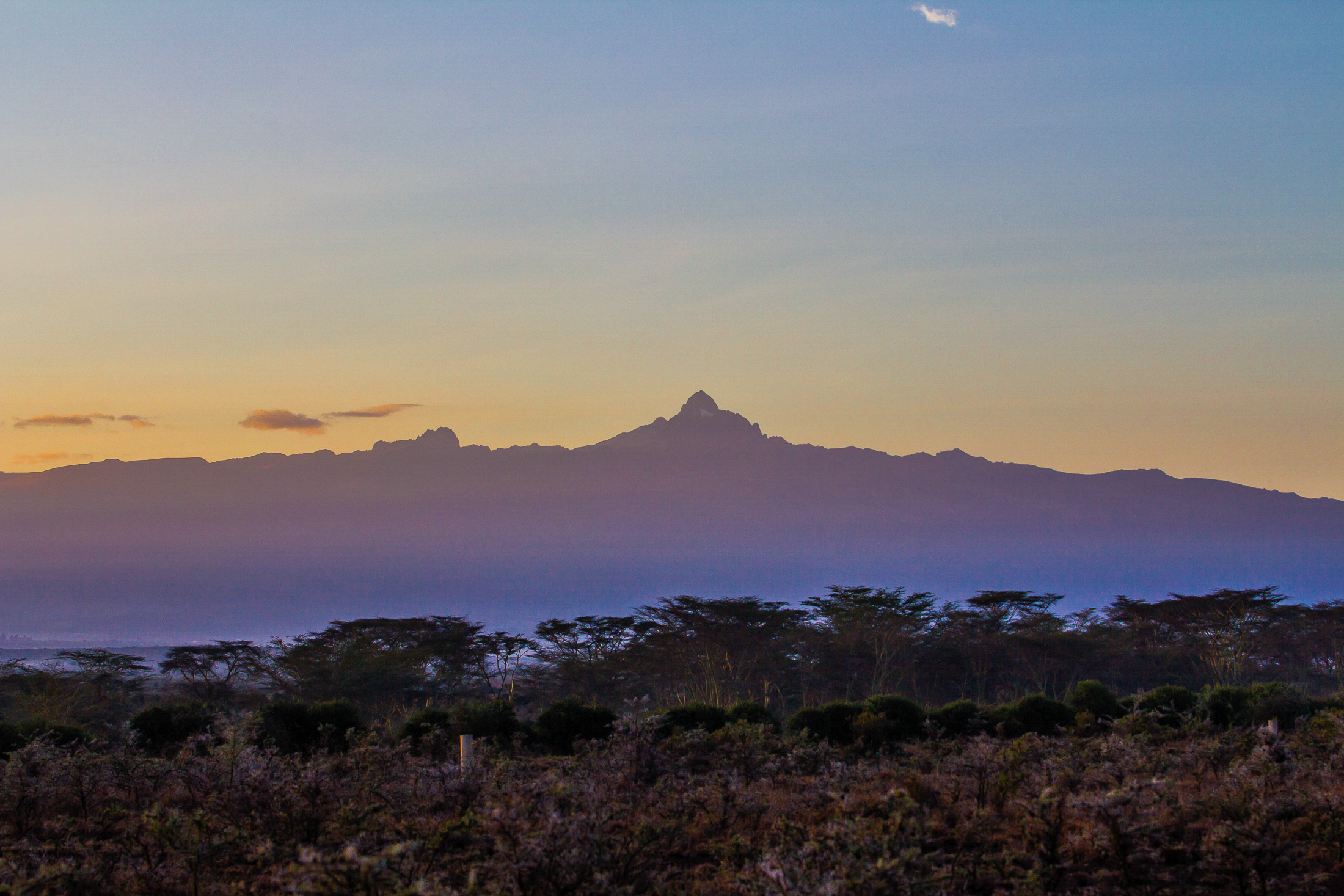The Land Control Board, often referred to as LCB, is an oversight body established by the Ministry of Lands and Physical Planning office. Its primary responsibility is to regulate and monitor land transactions, mainly concerning agricultural land. LCB’s presence is vital to safeguard the interests of communities. They oversee activities such as subdivision, fragmentation, transfer and amalgamation, which can have profound implications for the local populace
In this article, we will shed light on some of the responsibilities of the Land Control Board (LCB) and how it plays a vital role in various aspects of land transactions, particularly those related to agricultural land.
1. Who sits on the LCBs?
The Land Control Boards are typically chaired by the County Commissioners or their deputies, who are representatives of the Ministry of Lands in each county. They collaborate with officials from the planning or survey departments, as well as the National Land Commission (NLC). Equally significant are the council of elders and respected individuals within the community where the LCB is located.
2. When selling Land.
When purchasing or selling agricultural land, commonly freehold properties, engagement with the Land Control Board is an integral part of the process if you intend to have a legal and ethically sound transaction. To ensure a secure investment, it is essential that the seller attends the LCB meeting to obtain consent to transfer to the seller. If the seller is married, they have to be present with their spouse to seek the consent to transfer (or the spouse can sign a letter witnessed by a Commissioner for Oaths attesting to their consent for the sale).

3. When doing a subdivision or amalgamation.
The Land Control Boards also come into play when an owner is looking to subdivide their property. They Must present the plans prepared by their licenced surveyor at the LCB meeting for approval. Likewise, if an owner of two adjacent properties would like to amalgamate them, they would also need to book an appointment with the LCB to obtain consent.
4. Correcting errors or updating information on an existing title deed.
When collecting a freshly produced title deed, always take time to ensure the information recorded on it is accurate (name(s), address, ID etc). If there are errors, ask for a correction to be made before you leave with it. In cases where these requests are not made at the point of collection and only noticed later, consent from the LCB is required for the changes.
Changes may also be needed in other circumstances. For example, if the owner has changed their name or moved to a different permanent address. These details can also be updated on the title deed, and they require LCB consent.

5. Meeting Frequency and Engagement.
Land Control Boards typically meet once a month, though in certain areas, they may convene twice a month. Their schedules are often displayed on announcement boards at respective Ministry of Lands offices in advance. Proper engagement with the LCB is essential for smooth land transactions and requires understanding their procedures and requirements. Most require booking and paying for the booking up to a week in advance. When you pay, you will be issued with an official receipt.
We hope this article sheds light on the significance of the LCB. If you’re looking for a good deal, reach out to us via WhatsApp, or check out our website.



One response, add yours!
[…] land purchases, an application for Land Control Board (LCB) clearance is required. This process involves background checks and verification of the […]